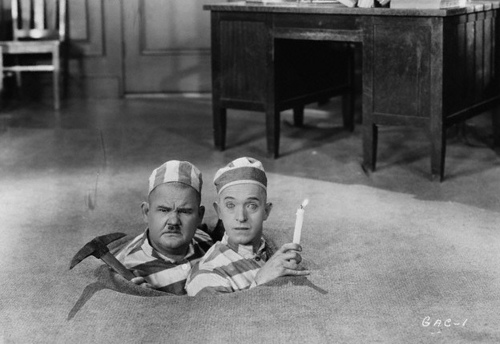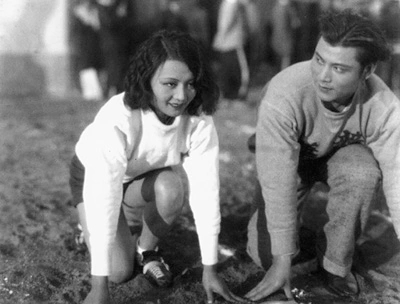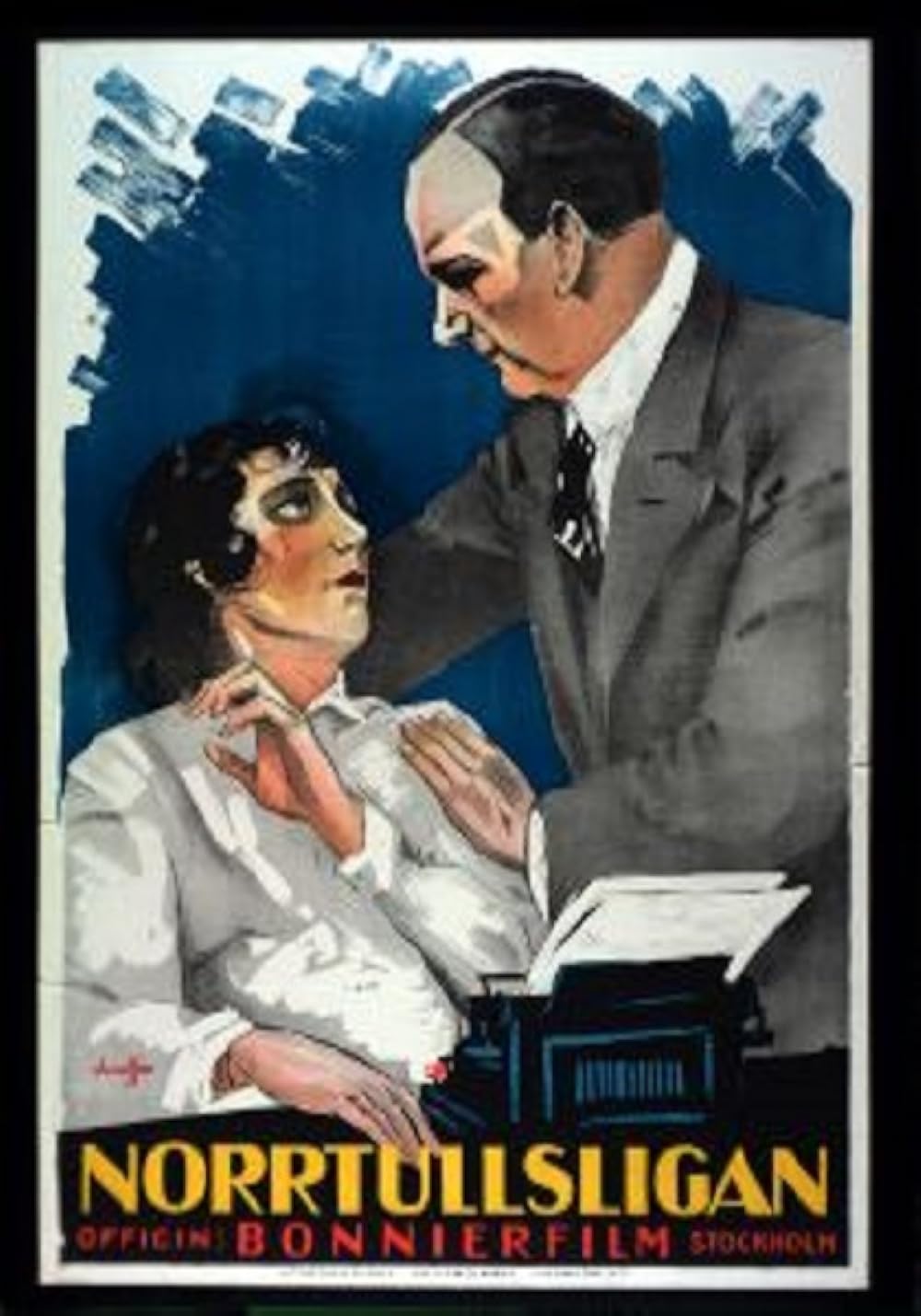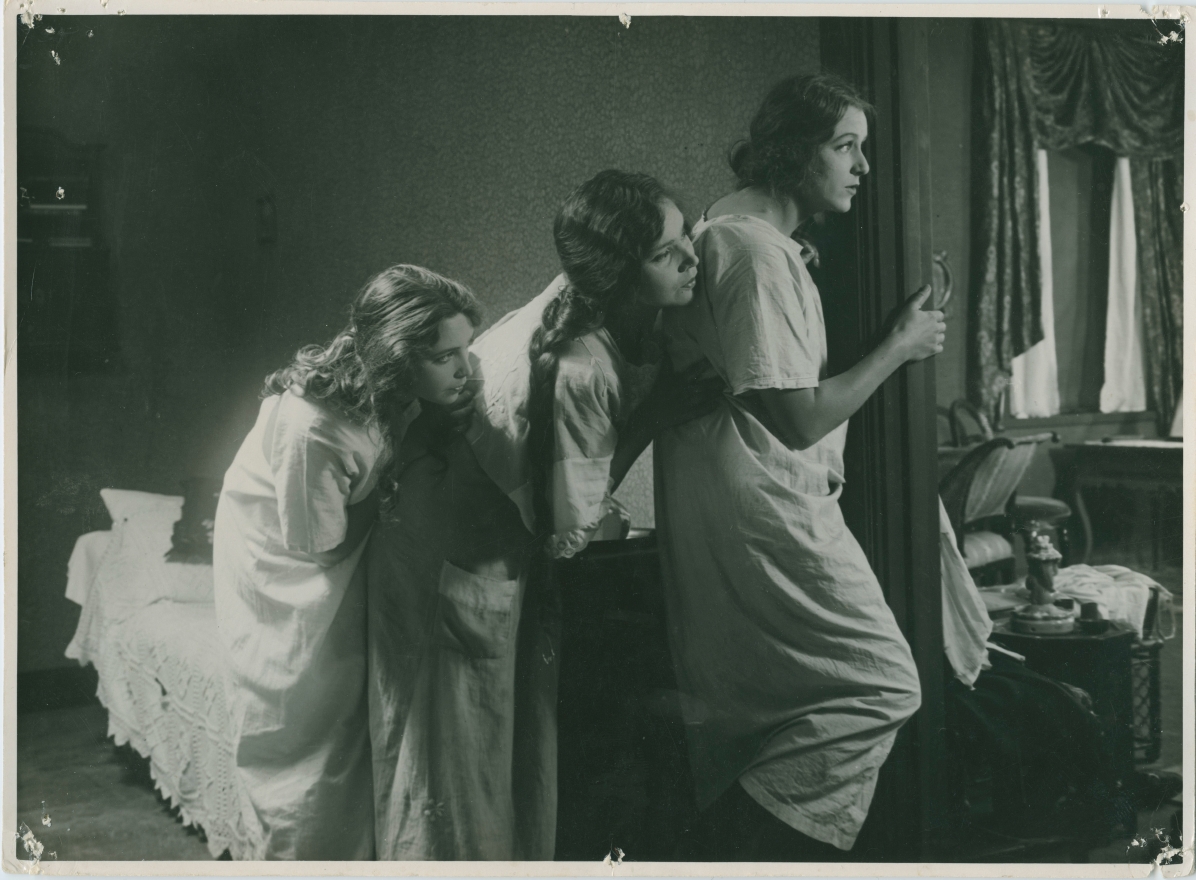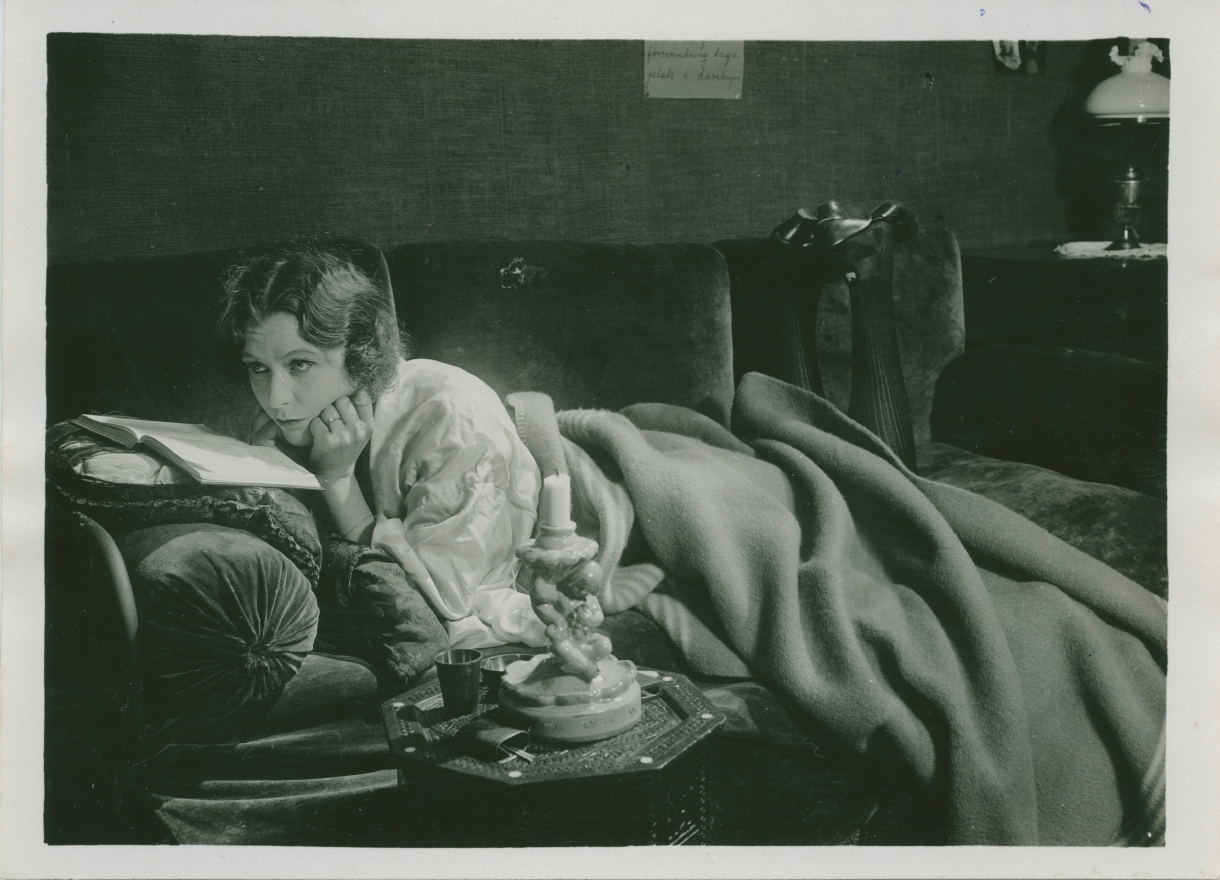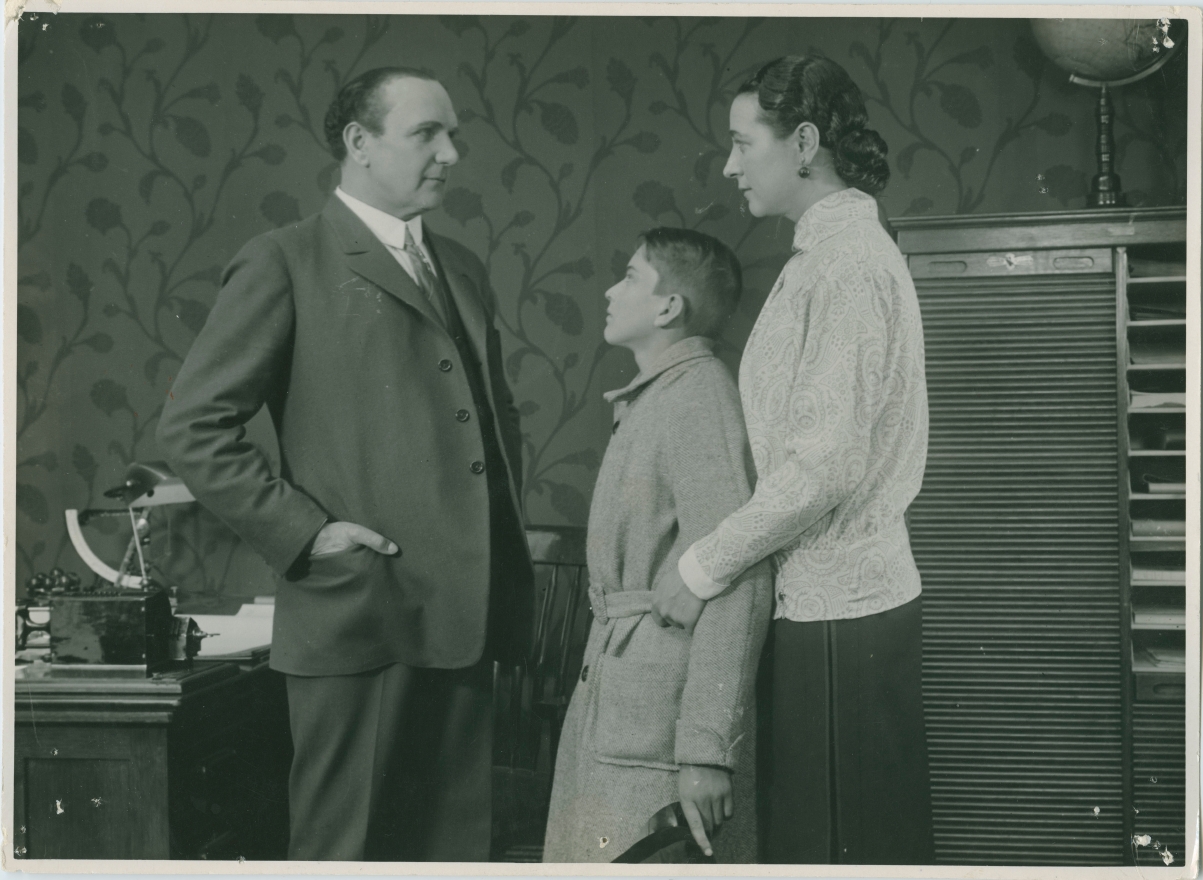
I said I was going to write something about THE WIND, didn’t I? Saw it at the closing gala of the Hippodrome Silent Film Festival and, despite its grim subject matter, it was cinematic ecstasy.
But instead of a proper appreciation I find myself doing whatever this is (a comic strip?)
The film has a supporting character called Sourdough, you see, a sort of Gabby Hayes / Walter Brennan sidekick type. Here he is:

And this is what he’s singing:

Request granted!

Seems ole Sourdough went Northwest, to the Klondyke Gold Rush of ’98 (this may have involved some time travel) and met his fate in an icy wilderness. Somehow his friends were able to locate the exact spot at which he got lost… Did they find his body there? Most people, when they find themselves lost, wander about a bit in hopes of getting found. Ole Sourdough never was the sharpest.

One more connection — the heroine of THE WIND, Lillian Gish, gets off the train and is given a long cart ride by Sourdough and his friend Joe to her destination, a ranch called Sweetwater. The name provokes hilarity from another traveller on the train — it seems an ironic joke in this sand-blasted locale. Of course the connected film is ONCE UPON A TIME IN THE WEST, but I don’t know if the reference, presumably deliberate, originates with Leone, or Bertolucci (who recalls stuffing the script with nods to his favourite westerns), or co-writer Dario Argento (who might well enjoy THE WIND’s terrifying climax).
In OUATITW, Jill (Claudia Cardinale) is transported from train station to Sweetwater by a gummy Sourdough type, Sam (Paolo Stoppa), who is likewise amused by the place name.
THE WIND seems outside the range of films OUATITW is otherwise paying tribute to / cribbing from. It’s full of western stuff, but doesn’t feel like a western — but, like OUATITW its central generic atypicality is the presence of a female protagonist. The Leone film ultimately struggles to keep Jill central, and ultimately will have one of her rivals for lead character, Harmonica (Charles Bronson), say that she no longer matters at all to the central conflict, which is true in the moment but also kind of an admission of defeat by the very masculine authors. THE WIND has different (studio-imposed) third act issues, but to its credit writer Frances Marion and director Victor Sjostrom keep Gish’s Letty absolutely at the heart of the film, as active protag, focus of sympathies, and chief point of view for the audience…
